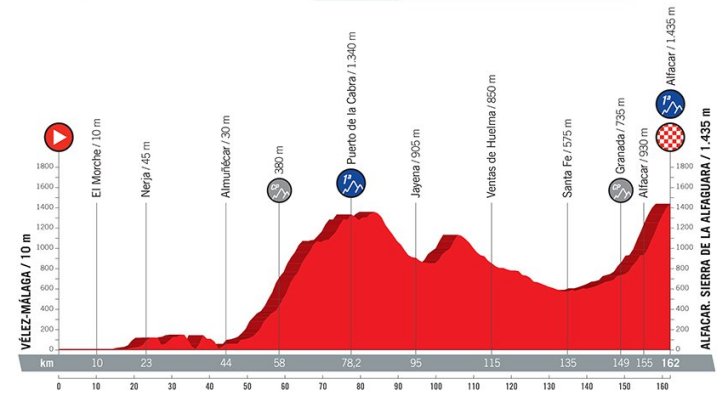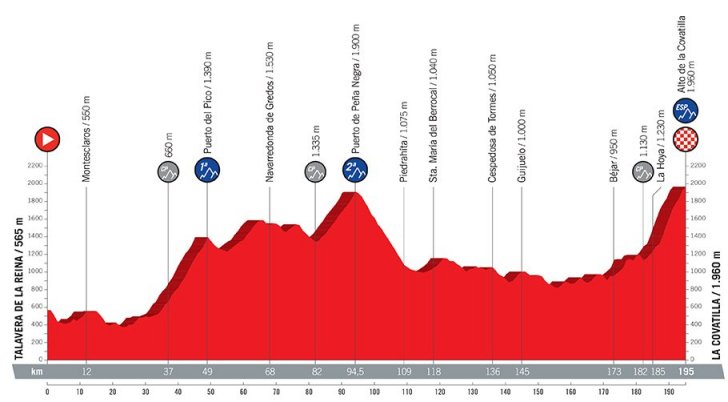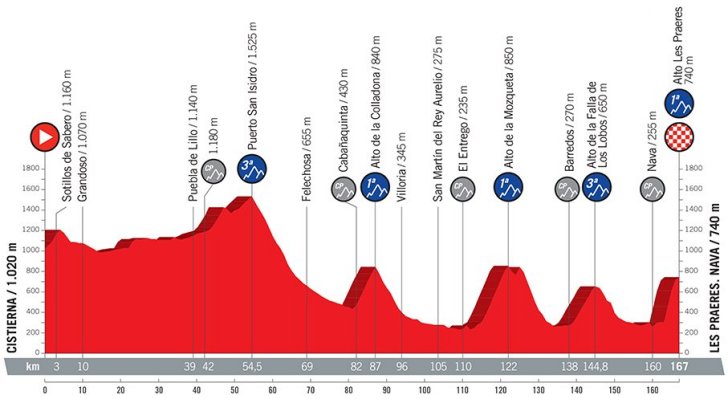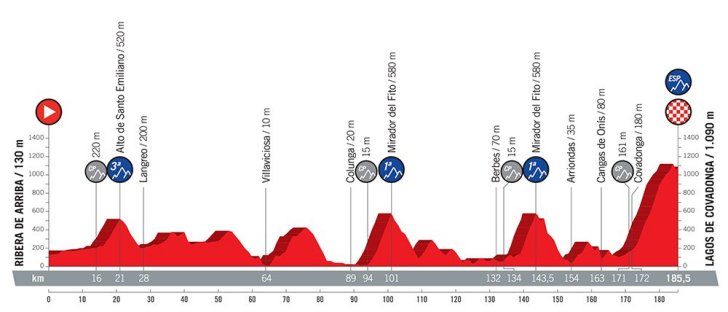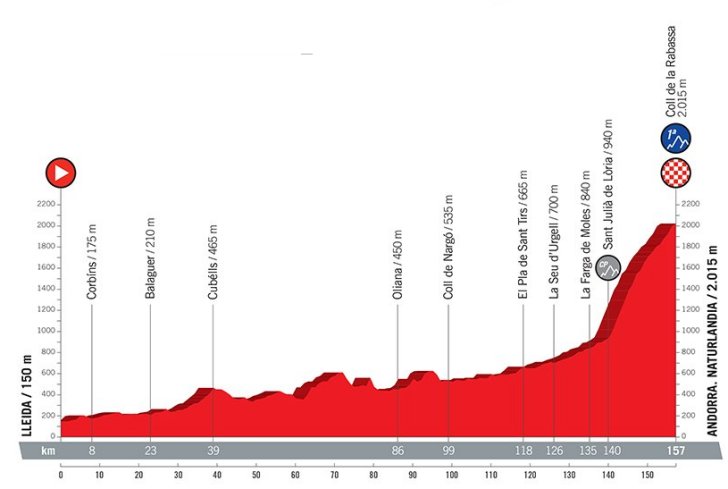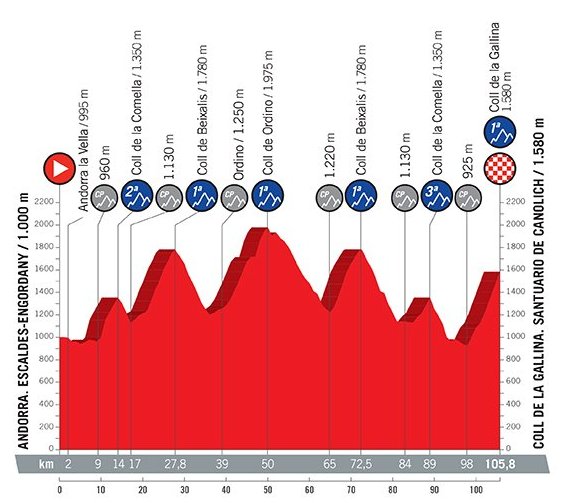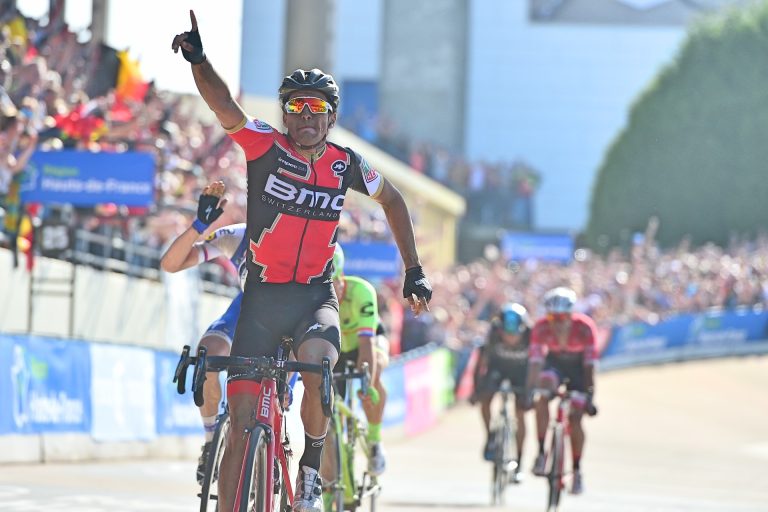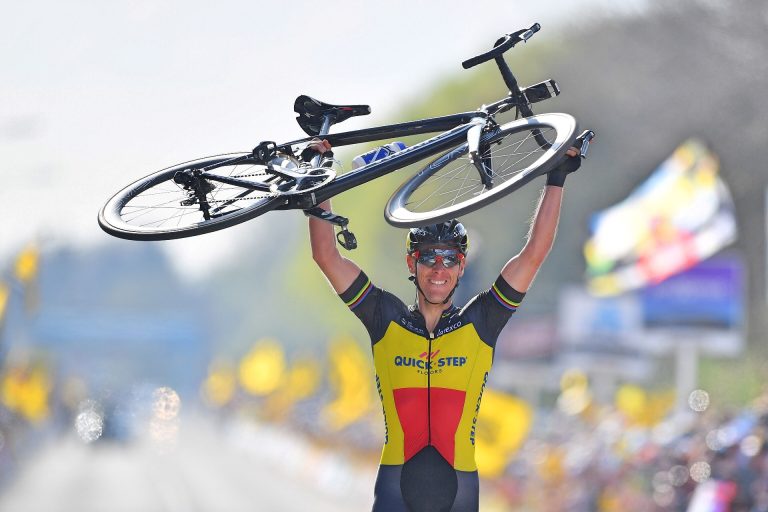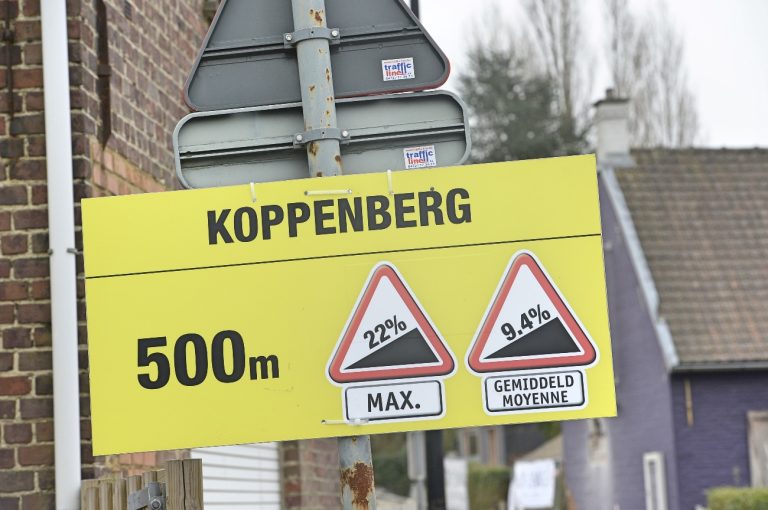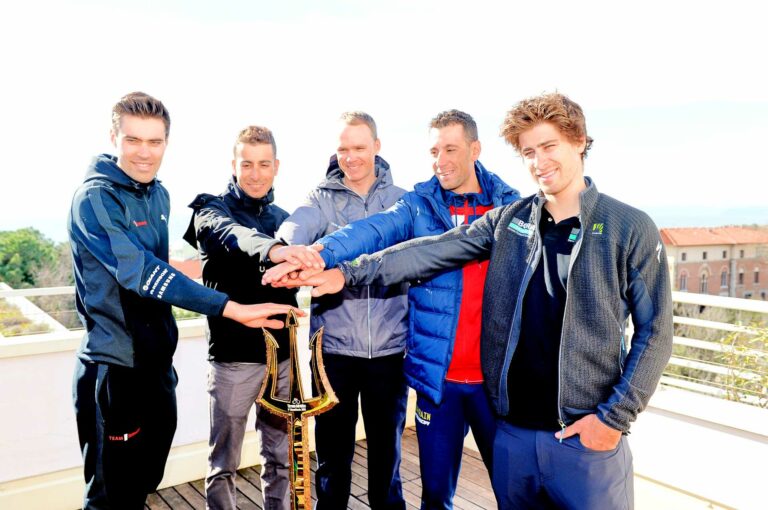A typically climb-heavy parcours awaits riders at the 2018 Vuelta a Espana after organisers Unipublic revealed a route packing in nine summit finishes and two time trials.
The back-loaded route is particularly laden with huge climbs, including an excursion into Andorra to close out the mountain stages of the race.
They are balanced by those two tests against the clock – eight kilometres in Malaga on the opening day, Saturday August 25, and 32.7km from Santillana del Mar to Torrelavega on the first stage after the final rest day.
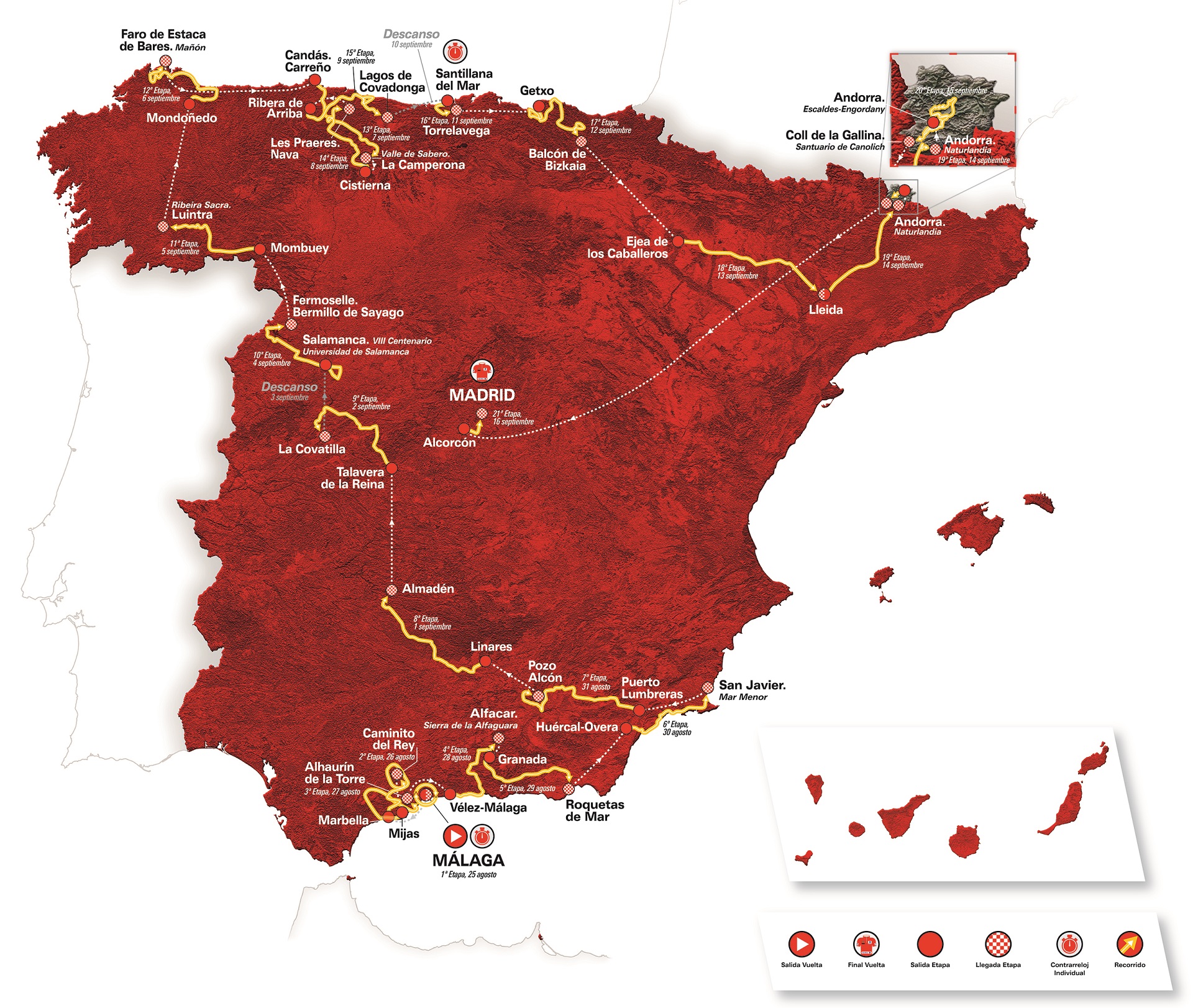
Among the mountain-top finishes are Lagos de Covadonga – widely considered the second-toughest climb in Spain behind the Angliru (which does not return to the route in 2018) – and the Andorran double whammy of Naturlandia and the Coll de la Gallina.
Of the summit finishes, three – La Alfaguaura, Les Praeres and Balcon de Bizkaia – are new to the Vuelta a Espana, meanwhile.
– Sixteen of the toughest climbs in pro cycling –
Finally, there are three summit finishes packed into four days in the final week – sandwiched by the 32.7km time trial and the processional final stage in Madrid.
It is those three stages, therefore, where the 73rd Vuelta a Espana will be decided, but where else could the race be won or lost? We’ve picked out six key stages below…

